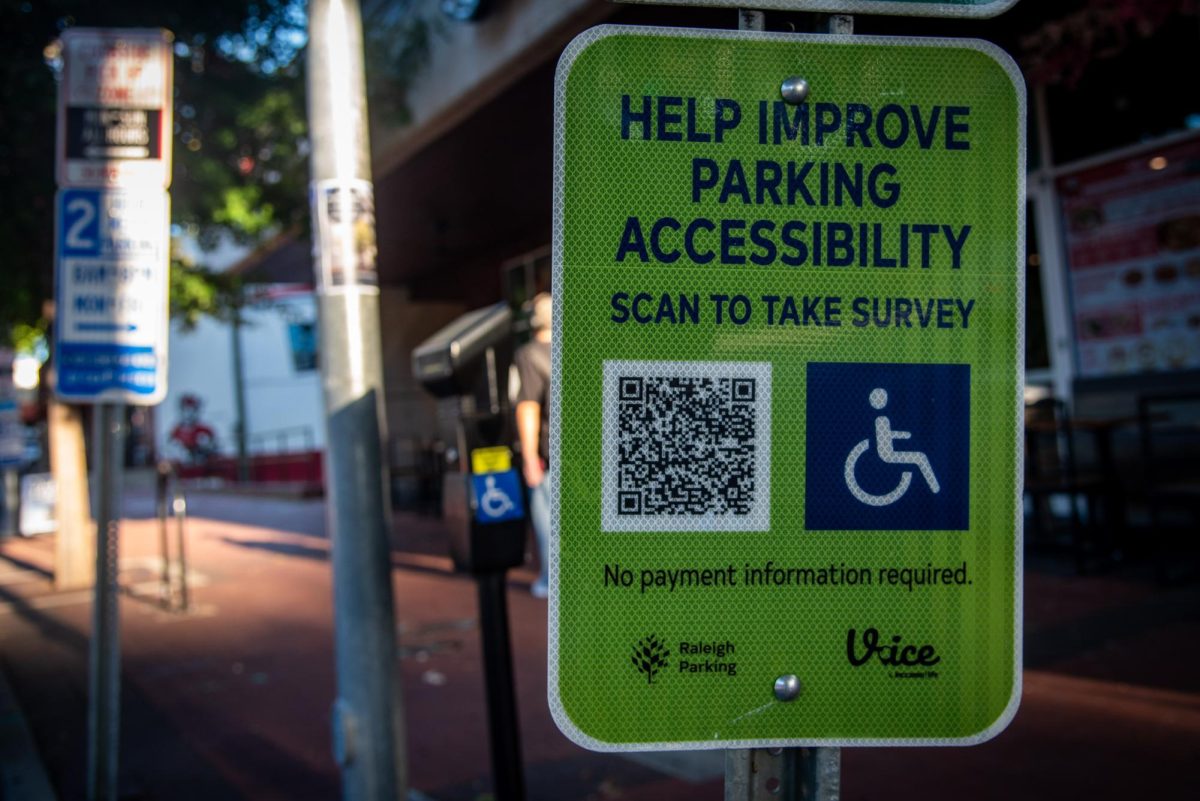Google Fiber’s arrival in the Triangle area could benefit students’ educational opportunities at NC State, particularly for researchers who work with big data and aspiring entrepreneurs.
In January, Google formally announced its plan to lay thousands of miles of fiber-optic cables throughout the Triangle as part of its Google Fiber service, bringing Internet service up to 100 times faster than a basic broadband connection to homes and businesses in seven municipalities in the Triangle area, as well as Charlotte.
Seth Hollar, associate director of NC State’s Engineering Entrepreneurs program, said this is a huge step for the region in terms of recognition as one of the leading parts of the country for technological research and development.
The introduction of Google Fiber will result in an increase in entrepreneurial opportunities at NC State, adding more resources for students hoping to start their own businesses and improving research experiences with the ability to transfer and process larger amounts of data, according to Hollar.
For students in the Engineering Entrepreneurs program who primarily focus on the senior design sequence, Google Fiber could bring more tools to improve their projects and possibly offer them a greater amount of exposure to companies that might be interested in partnering with students in the future.
The increase in bandwidth is also a major bonus for participating research universities, according to Hollar.
“It would change how people perceive the web and open up new ideas for potential goods and services, further pushing forward the already accelerated technological applications available in the Triangle,” Hollar said.
Marc Hoit, Vice Chancellor for Information Technology and Chief Information Officer at NC State, agreed Google Fiber will help the Triangle continue to assert itself as a major technology hub in the U.S.
Hoit has been working with Raleigh officials for three years to bring Google Fiber to Raleigh and NC State.
This kind of Internet connection could also allow for researchers to transfer files with huge amounts of data, which could benefit university connectivity and research possibilities.
ResNet, the Internet provider for on-campus dorms, can provide gigabit capability to some areas on campus, but most of campus experiences a 10 megabit capability. Hollar said if Google Fiber were to be implemented on campus, it would be a drastic improvement, potentially up to 100 times faster than current speeds.
Hoit said NC State and Google could even form a partnership bringing Fiber to student housing and apartments in addition to academic areas.
Raleigh already has some level of fiber infrastructure in place, according to Hoit. The only fiber provider at the moment is AT&T, which uses a private fiber network. Hoit said he predicts AT&T will lease the fiber to Google as it completes its own fiber network.
Barry Lunt, an information technologies professor at Brigham Young University in Provo, Utah, a city that has already implemented Google Fiber, said Provo already had some fiber infrastructure in place before Google came in to expand upon the system in place.
Some experts have speculated that the gigabit Internet is not going to be as fast as promised due to possible complications during peak usage times, as well as some hardware malfunctions. However, no such complications have arisen thus far in Provo, according to Lunt.
“Google Fiber has been operational for about a year, and so far they have been successful in delivering the promised speeds,” Lunt said.
Although Brigham Young hasn’t seen any major changes to the way it operates with Google’s fiber-optic Internet in place and working around the city, Lunt said the faster Internet has benefited the greater community.
“Provo has been greatly affected but Brigham Young itself has had very good data paths for some time, so there are no integration plans in the foreseeable future,” Lunt said.
Google has not put forth a schedule for service yet, but estimates have put the construction portion to be completed by 2016.




